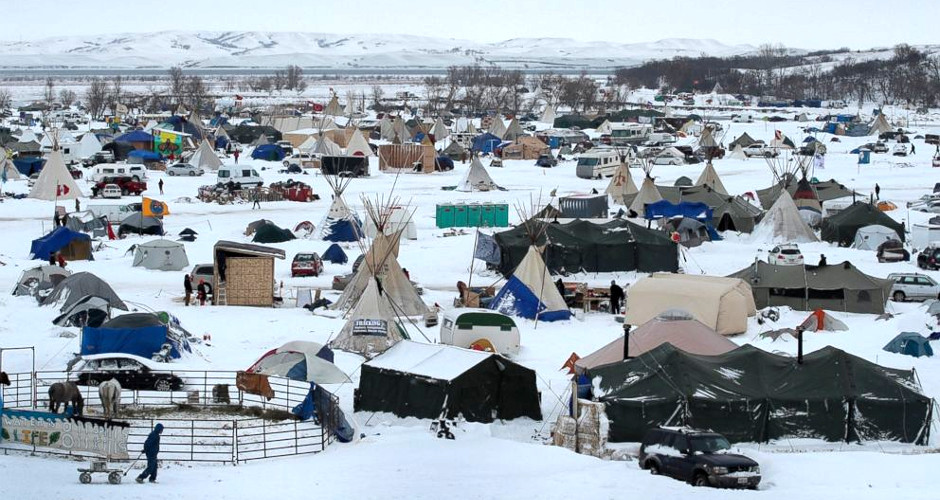Tribal Sovereignty:
There are three sovereignties identified in order, in the U.S. Constitution: 1) Popular (citizen) sovereignty; 2) State sovereignty; 3) Federal sovereignty. Tribal sovereignty is not contained within the U.S. Constitution and is not superior to the sovereignties contained in the U.S. Constitution. Tribal (jurisdictional/governing) sovereignty is a delegation of federal sovereignty through the federal recognition process of Indian tribes.
Tribal Authority over Non-Members: Two important pieces:
- Under Indian Reorganization Act of 1934, tribal constitutions, tribes have authority ONLY over their tribal trust lands and enrolled members. No authority over non-tribal persons or lands.
- Montana v. U.S., 450 U.S. 544 (1981) Tribal inherent sovereignty does not apply to non-members or non-member land except: There is clear consensual agreement between the tribe and a non-member or When conduct threatens the integrity of the tribal government
State Authority over Non-Members: States, counties, and municipalities located within Indian reservation boundaries have full jurisdictional, governing, and zoning, law enforcement authority over all fee (taxable) properties and non-tribal persons. Tribal governments have jurisdiction over their trust lands only.
Fee-to-Trust Process on Indian Reservations: Two U.S. Supreme Court rulings have significantly constrained the fee-to-trust process: 1) Carcieri v Salazar (2009) prohibits tribes that were not federally recognized of under federal jurisdiction on June 1, 1934, passage of the Indian Reorganization Act; and 2) Office of Hawaiian Affairs v. State of Hawaii (2009) Lands ceded to a state upon statehood may not be removed from state jurisdiction without consent of the state legislature (this includes Fee-to-Trust). Mere acquisition by a tribe of taxable land on the open market does not restore tribal sovereignty/sovereign immunity upon such parcels. City of Sherrill v. Oneida Indian (2005). NOTE: Under the Obama Administration, the Bureau of Indian Affairs has ignored both of these rulings and has gone totally Rogue. States, counties, and municipalities have seldom asserted their authorities over state property taxed lands due to the financial and political power of Indian tribes.
Challenging Fee-to-Trust Applications or Decisions: An individual citizen or local government within the zone of interest (direct economic/environmental impact) of an existing or proposed federal Indian trust parcel has legal (“prudential”) standing to challenge the decision or status of the federal trust under the Administrative Procedures Act. IF the challenger is not claiming title, interest or a stake in the federal trust parcel, the Quiet Title Act does not apply. Patchak v. Salazar (2012)
Law Enforcement: With the exception of domestic violence, tribal police and tribal courts have no authority over non-tribal persons. In the event of cross-deputization (agreements between county/city police and tribal police), tribal members may detain, stop and cite motorists into their municipal or county courts only.
Taxation: A tribe may not tax a non-member, a non-member or property. Atkinson v. Shirley (2001)
Water: The Winters Doctrine (1908) requires that all Indian Reservations receive Federal Reserve Water rights to ensure that tribal members and properties have adequate water. “States have the absolute right to their navigable waters and the soils beneath them.” Tarrant v. Herrmann (2013). Expanding the Winters Doctrine reduces State water authority and availability to agriculture and economic development.
Roads: All roads built with federal or state dollars (BIA/State) on Indian reservations are public roads.
*All court cases are U.S. Supreme Court major rulings in Indian law and water.
Elaine Willman is the author of Going to Pieces: The Dismantling of the United States of America and Slumbering Thunder: a primer for confronting the spread of tribalism overwhelming America.
Contact Elaine Willman:
Phone: 509-949-8055
Email: toppin@aol.com


